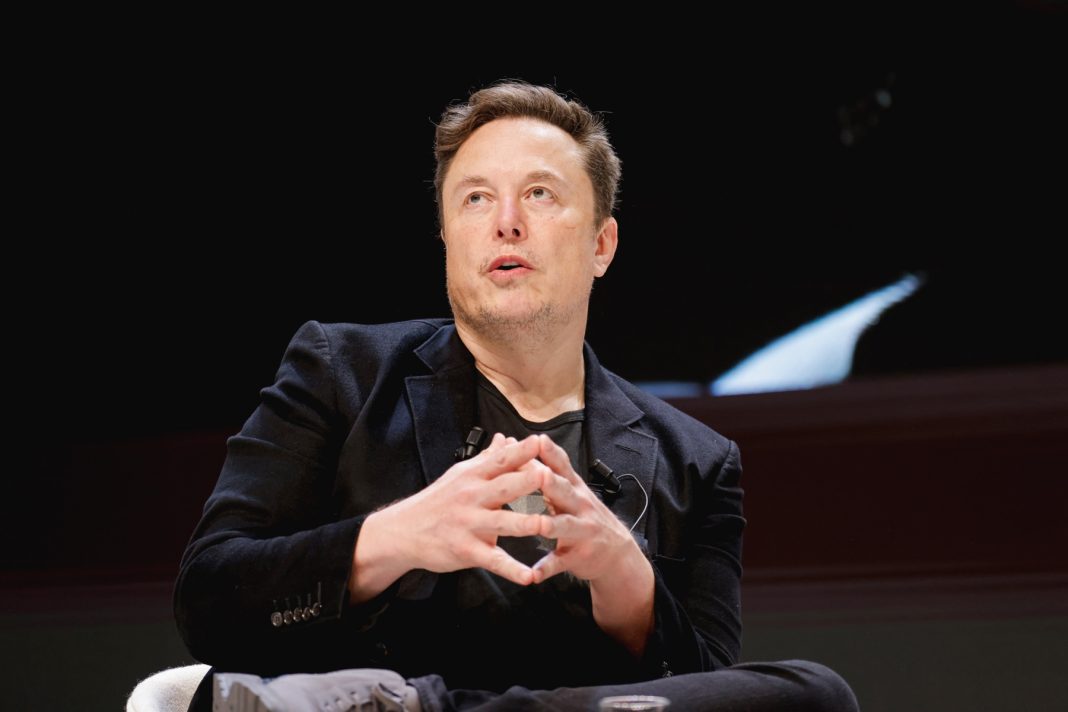BOCA CHICA, USA – Elon Musk, the billionaire CEO of Tesla and owner of X, formerly Twitter, has publicly addressed questions about his early immigration status in the United States, a report suggesting he may have worked without proper authorisation while establishing his first company, Zip2, in the 1990s.
The recent scrutiny sheds light on Musk’s complex immigration journey amid his vocal stance on immigration issues.
Responding on X, Musk denied claims that he worked illegally, challenging remarks made by President Biden referencing the Washington Post’s report. “I was in fact allowed to work in the U.S.,” Musk wrote, calling Biden’s comments a “lie.”
Musk also provided a rare glimpse into his immigration history, revealing he initially entered the U.S. on a J-1 visa, which later transitioned to an H-1B work visa, though he did not elaborate further.
His response came after a video circulated of Biden discussing Musk’s reported unauthorised work status.
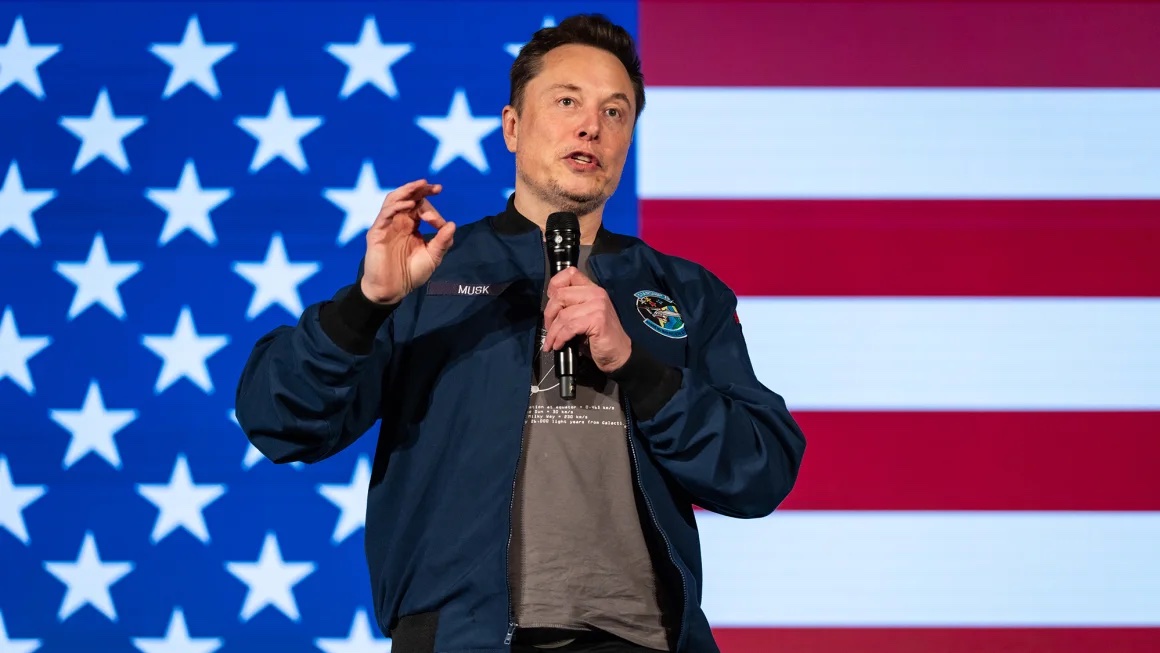
The Washington Post’s Report: Concerns Over Musk’s Legal Work Status
The Washington Post report, citing company documents and former business associates, including a past CEO, suggests Musk’s immigration status was a concern among early Zip2 investors.
According to a 1996 funding agreement with venture capitalists, Musk’s team faced a deadline of 45 days to obtain legal work status to secure $3 million in funding; otherwise, the investors could withdraw.
Musk had reportedly told colleagues he was in the country on a student visa, raising questions about whether he had legal work authorisation at the time.
Former associates and shareholders of Zip2 recounted concerns that Musk could face deportation, a potential setback for the company’s success.
While Musk’s brother Kimbal Musk has stated that the brothers were “illegal immigrants” during this period, Elon Musk has disputed this characterisation, previously describing his status as a “gray area.”
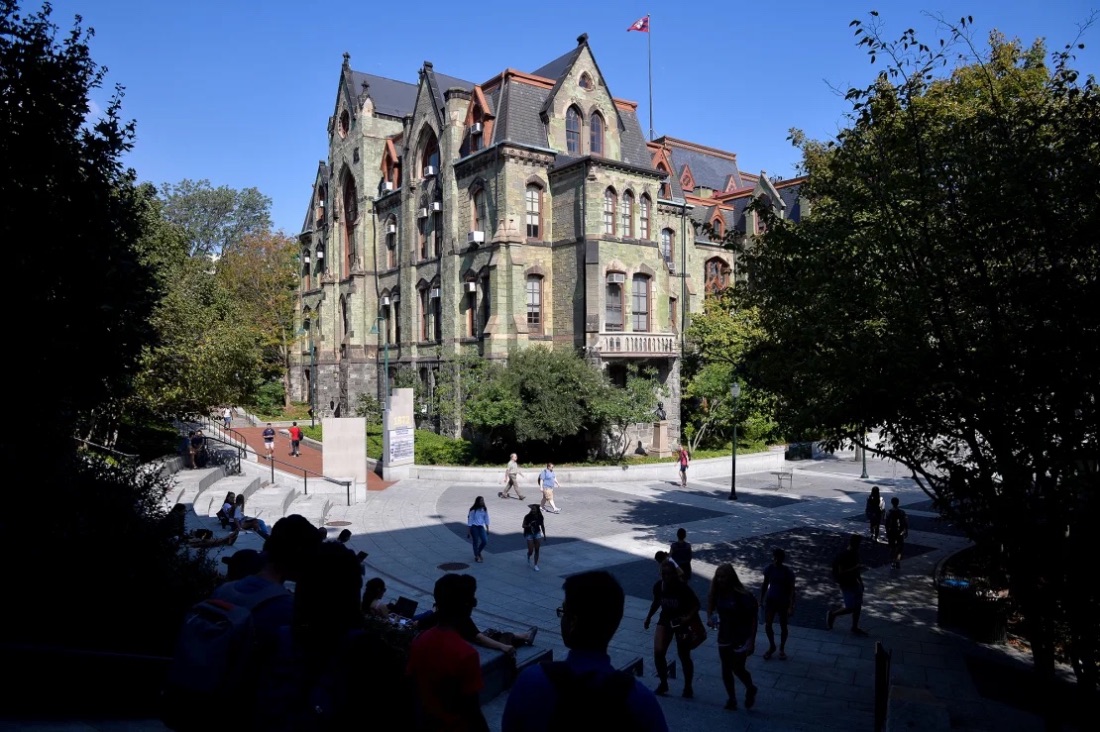
Immigration Experts Weigh In: J-1 Visa Conditions and Questions of Work Authorisation
Legal experts argue that Musk’s claims about his visa transition from J-1 to H-1B raise additional questions about his work eligibility.
The J-1 visa, typically reserved for academic exchange, allows foreign students to conduct academic research and gain practical experience, but with significant restrictions.
For Musk, who reportedly dropped out of Stanford’s graduate programme after two days to work on Zip2, these restrictions would have barred him from working in an unauthorised role.
Greg Siskind, an immigration attorney and co-author of a guide on J-1 visas, explained, “Musk would have needed to be engaged in a full course of study… to qualify for work while being a J-1 student.”
Siskind pointed out that leaving a programme under a J-1 visa typically ends the visa status, meaning Musk could have been unauthorised for employment before transitioning to his H-1B visa.
“If you drop out of your degree programme, you lose your J-1 visa status,” Siskind stated.
Kuck added that Musk’s comments suggest a lapse in work authorisation, saying, “So clearly, he’s admitting now that in fact, he did work illegally and violate his status. The only question is at that point, what did he do to fix his status violation?”
![Kimbal Musk attends the Los Angeles Premiere of "The Game Changers" Documentary at ArcLight ... [+]Getty Images for "The Game Changers"](https://www.thetrentonline.com/wp-content/uploads/2024/10/Kimbal-Musk-at-the-premier-of-The-Game-Changers-copy1.jpg)
Transition to H-1B Visa: When Did Musk Secure Legal Work Status?
The timing of Musk’s transition to an H-1B visa is another critical question.
Musk graduated from the University of Pennsylvania in 1995, and biographies of the Tesla CEO indicate he began working on Zip2 shortly thereafter.
However, records reveal that it was not until 1996 that Musk and his team finalised a funding agreement contingent on their legal work status.
As Charles Kuck explained, student visas and their associated work permissions are “some of the most complicated visas out there.”
He noted that Musk’s two-line tweet on his visa transition doesn’t account for the full complexity, adding, “To dismiss it in a two-line tweet, ‘Well I had a J-1 and it went to H-1B,’ yeah, trust me, there’s always a lot more to it than that.”
The Evolution of Student Visa Regulations: Pre- and Post-9/11
Musk’s immigration journey, set against the backdrop of 1990s visa enforcement, highlights the evolving nature of student visa regulations.
Immigration experts suggest that during Musk’s early years in the U.S., enforcement of student visa restrictions was less rigorous than it is today.
According to Hunter Swanson, associate director of the Center for International Education at Washington and Lee University, enforcement measures on student visa compliance were dramatically enhanced following the September 11, 2001, attacks, when several of the hijackers were revealed to be in the U.S. on student visas.
“It definitely wouldn’t be possible to do academic training now on a J-1 visa if you dropped out in your first term,” Swanson noted, underscoring how the post-9/11 tightening of visa regulations made such practices far less feasible.
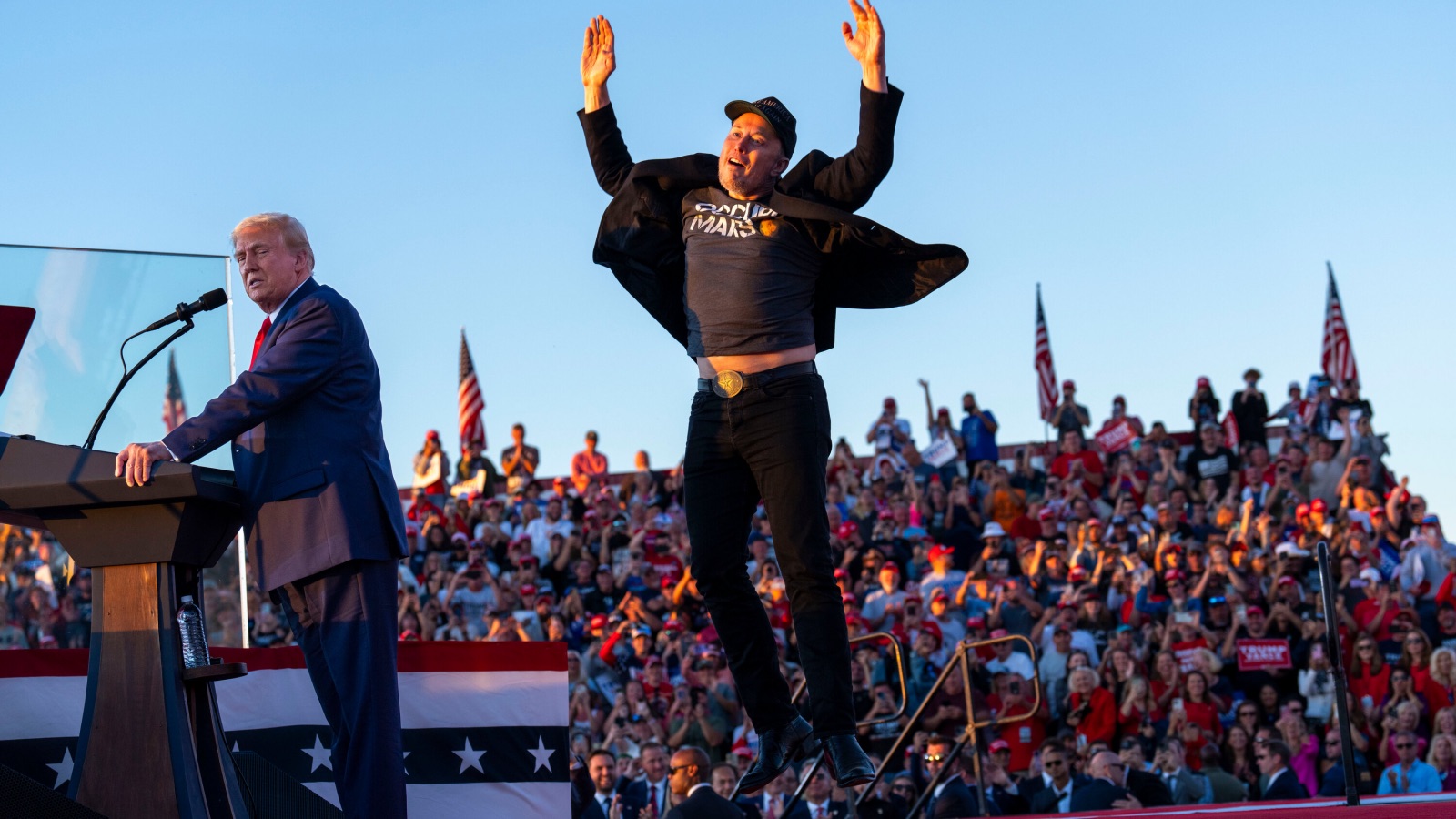
Doug Mills/The New York Times
Musk’s Current Stance on Immigration Policy: Personal Experience vs. Public Advocacy
Since acquiring X in 2022, Musk has become a prominent voice on U.S. immigration policy, often criticising the Biden administration’s approach to undocumented immigration.
Musk’s social media platform has increasingly featured posts that promote conspiracy theories regarding U.S. border policy, with some alleging the government allows illegal immigration to gain political favour.
He has publicly characterised the U.S. immigration process as overly complex and referred to legal immigration as a “Kafkaesque nightmare,” a sentiment echoing his experiences navigating visa processes to secure U.S. citizenship, which he achieved in 2002.
Musk’s stance has attracted criticism from immigration advocates, who argue that his comments lack empathy for those currently struggling to navigate a similarly complex system.
“For me, it’s the hypocrisy,” said Siskind. “He’s been fixated on illegal immigration in the last year…he should be empathetic to the people who are struggling with the immigration system.”
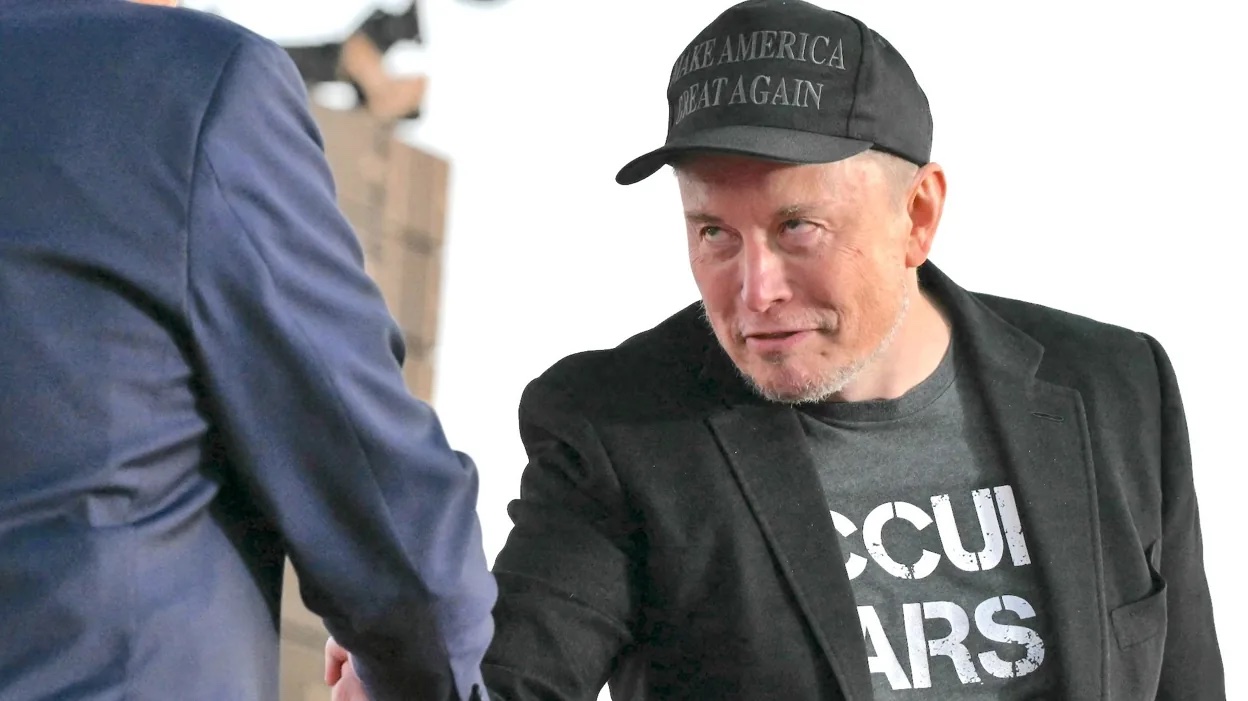
Balancing Public Opinion and Personal History
While Musk has occasionally referenced his immigrant background, he has rarely addressed specifics.
His comments about his mother’s journey to North America and his own legal struggles have often been general, though he has emphasised the challenges of the immigration system.
In 2020, Musk described the process of becoming a U.S. citizen as “extremely difficult” and noted that it took him over a decade to complete.
As public interest in Musk’s past and current immigration status grows, immigration experts suggest that more transparency could clarify a complex narrative.
For many immigrants, Musk’s dual role as a prominent business figure and immigrant is significant.
As Swanson explained, “It’s rare to hear the world’s richest man talk about his own immigration journey, and in doing so, he may bring more awareness to the challenges legal immigrants face.”
Whether Musk’s critics will accept his latest explanation remains uncertain.
But with his influence on public discourse around immigration continuing to grow, Musk’s early journey to Silicon Valley may play an increasingly prominent role in shaping his public image — and the narratives surrounding U.S. immigration policy.

